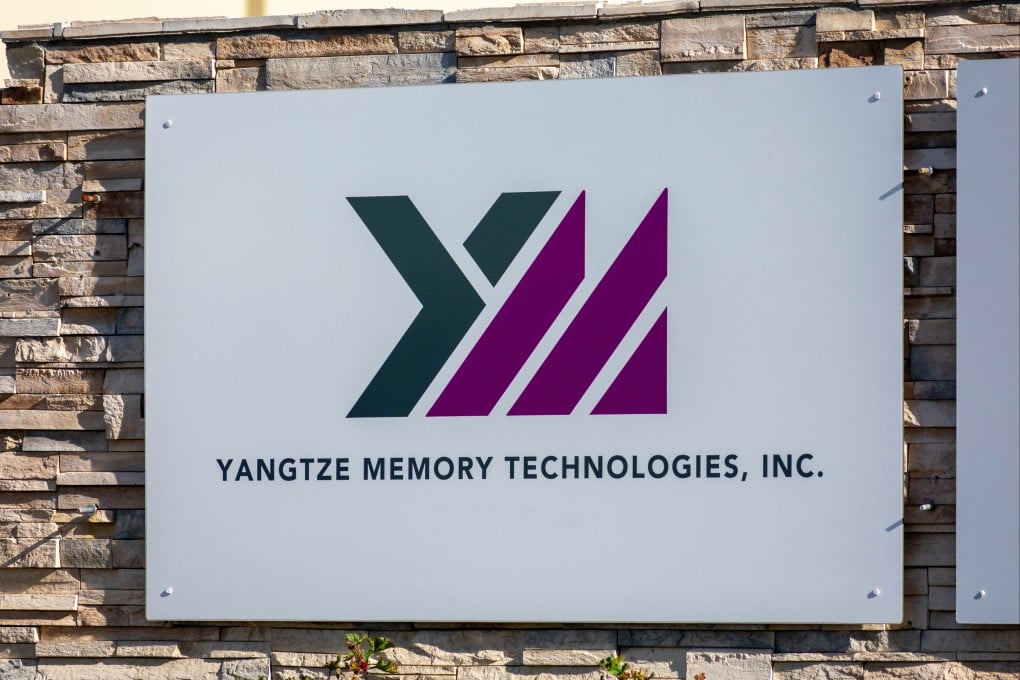Exclusive | Tech war: China’s top memory chip maker YMTC forges closer ties with domestic supplier to replace US parts, sources say
- The company is working with Chinese suppliers to make replacements for parts made by US firm Lam Research, according to two sources
- YMTC’s localisation efforts are a life-or-death matter, one person says, after a US$7 billion capital boost from state-backed investors earlier this year

China’s top memory chip maker Yangtze Memory Technologies Corp (YMTC) is forging closer ties with domestic tool suppliers in an urgent bid to replace US components in its manufacturing equipment, according to two people familiar with the matter.
The Wuhan-based company has recently intensified discussions and cooperation with Chinese semiconductor equipment makers, including a major Beijing-based company, to develop and produce replacements for crucial parts widely used in its equipment made by US firm Lam Research, according to the sources, who declined to be identified because of the sensitivity of the issue.
Lam Research suspended supply of equipment and services to mainland China-based clients after Washington issued a new round of export controls in October 2022, targeting the Chinese semiconductor industry.
Many semiconductor equipment parts require regular maintenance and replacement. Among the many components needed to be replaced at YMTC are electrostatic chucks. These are tools used for holding thin slices of semiconductors, known as wafers, in various chip-making processes such as etching and chemical vapour deposition.
YMTC declined to comment on Tuesday.
